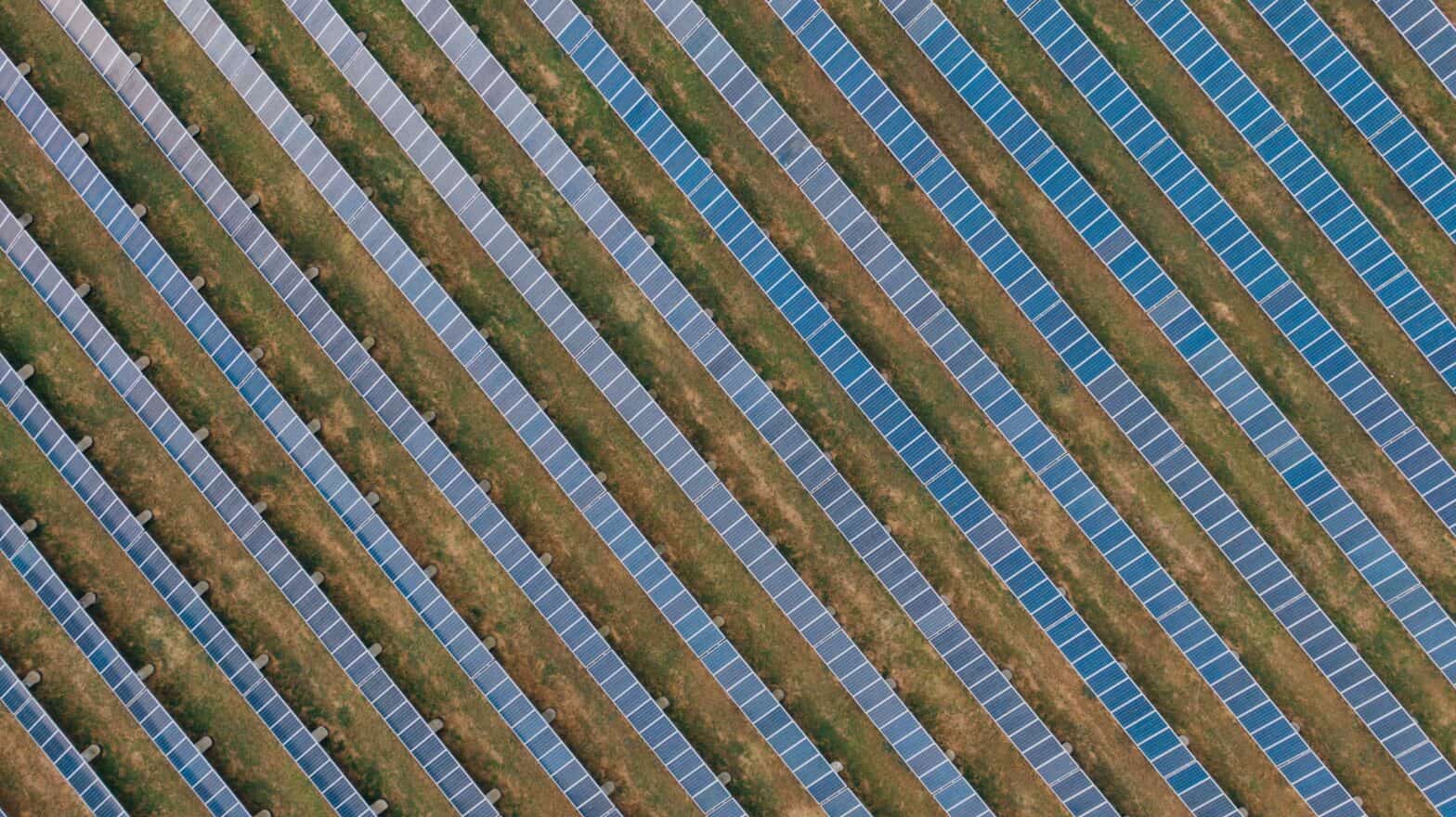Solar energy is revolutionizing the energy market. The International Energy Agency (IEA) stated that solar array installations will supply 45% of energy demands in the world by 2050. In 2019 alone, 28 EU members installed 254.5 watts per capita solar photovoltaic capacity. There are a few basic things to know about solar energy before making the switch.
In this blog post, we will explore the differences between solar panels and solar batteries. First, let us discuss what solar panels and solar batteries are.
What Are Solar Panels?
We know that the sun sends 430 quintillion joules of energy to earth each hour. This energy is way more than what the earth’s population consumes in a year. Isn’t it shocking?
Humans utilize this solar energy to convert it into electrical energy using photovoltaic (PV) cells or solar cells. Solar cells consist of semiconducting material (crystalline silicon) sandwiched between conductive layers. When mounted on a framework, these cells form a solar panel. Each solar panel consists of around 32 to 96 solar cells.
A single solar panel has some limitations. Thus, households and industries use an array of solar panels depending on their energy needs.
Depending on the use, solar panels have three categories:
- Polycrystalline solar panels are budget-friendly solar panels for homeowners.
- Monocrystalline solar panels have wide use in rooftop installations.
- Thin-film solar panels are best for large scale utilities and industries.
How do solar panels work?
Solar panels are increasing in popularity amongst households and businesses. Knowing how they work will help you make a better decision about going solar.
When the sunlight hits the solar cells, they generate a direct electric current (DC). The layers of semiconductors used get energized by the photons in the sunlight. It leads to the production of an electric field. The DC electricity thus created is then converted into AC electricity.
Some essential components needed to set up a solar panel system on your roof space are:
- Solar panels
- A solar panel mounting structure
- An inverter
- An electrical panel with switches and circuit breakers
- DC and AC electrical cables
- Power meter
The electricity produced by solar panels is DC electricity. Appliances require AC electricity, so an inverter comes into play. Necessary switches, circuit breakers, and wiring are for electricity distribution to the grid. And with the power meter, you can measure the electricity produced by the installed solar panel system.
For large energy requirements, installations of an array of PV cells on the rooftop of your house or business location take place.
What are solar batteries?
Solar batteries are an extra element to your photovoltaic system that makes you energy independent. They store the excess energy generated by solar panel systems.
When it comes to generating electricity using sunlight, we know its availability differs. The sunnier it is, the better. More energy generation occurs on a sunny day than on a cloudy day. During this time, the role of a solar battery comes into play. Solar batteries store overproduced electricity for later use when the sun is down or the energy demand is at its peak.
If you want to completely unplug from the grid, you need to use a solar battery. If there is a connection to the grid system— the excess energy produced can be sold off—to the utility company that pays you. In short, a solar battery lets you take control of your energy needs.
How do solar batteries work?
If you do not have a solar battery with your PV system, the extra energy produced goes to the electric grid. It is of no use to you. While, during an outage, the excess solar energy stored in your solar battery can power the appliances at your place.
There are two types of solar battery systems:
1. Hybrid system: Here, the electric grid supports the battery system. Extra electricity produced is fed to the grid.
2. Off-grid system: There is no connection to the grid. You are 100% energy-independent and self-reliant. It requires a large solar panel with battery backup.
The most common and popular solar battery with the safest technology today is the Lithium-ion battery because of its long lifespan and high depth of discharge. These batteries use lithium ions to charge and store electricity. They can charge and discharge multiple times.
Other batteries in use are Lead-acid, Nickel-based and Flow batteries.
Lead-acid is less expensive for households, but this technology is becoming outdated today.
Nickel-based batteries are used in large-scale energy storage systems. These work best with off-grid systems because of their efficient battery backup.
Flow batteries are the latest technology batteries. They are considered promising for long-duration energy outputs. Recharge rates for these batteries are also fast and provide voltage support indefinitely.
Solar batteries also let you be part of the net metering program to earn extra credits. We will talk about it in detail in the coming blogs.
What is the difference between solar panels and solar batteries?
Solar batteries are an additional component that gives an energy storage solution. Solar batteries pair with the solar panel system. Battery storage without a solar panel will come under normal battery storage.
When you install a solar panel, you can either opt for a solar battery initially or can get it at a later stage for your existing solar panel.
Adding a solar battery to your solar panel system will lead to an additional cost. The cost would depend on the load you want to backup. If you need an entire battery backup system, the expense will increase accordingly.
A vital difference between a solar panel system and a solar battery is its lifespan. Solar batteries have a shorter lifespan than a solar panel system. It also requires maintenance to keep the cycle counts. A solar battery remains 60% efficient ten years down the line and might need a replacement.
A solar battery is not an option for large businesses or households with high energy demands. It is a necessity. To know the compatibility of a solar battery for your solar panel system in Latvia and Estonia, contact us today.
For a piece of better advice on solar panels, our team of experts will help you choose the best as per your requirements. We deal with the finest solar brands like Huawei, Varta, BYD un LG, Varta, SMA, Riello and more.

